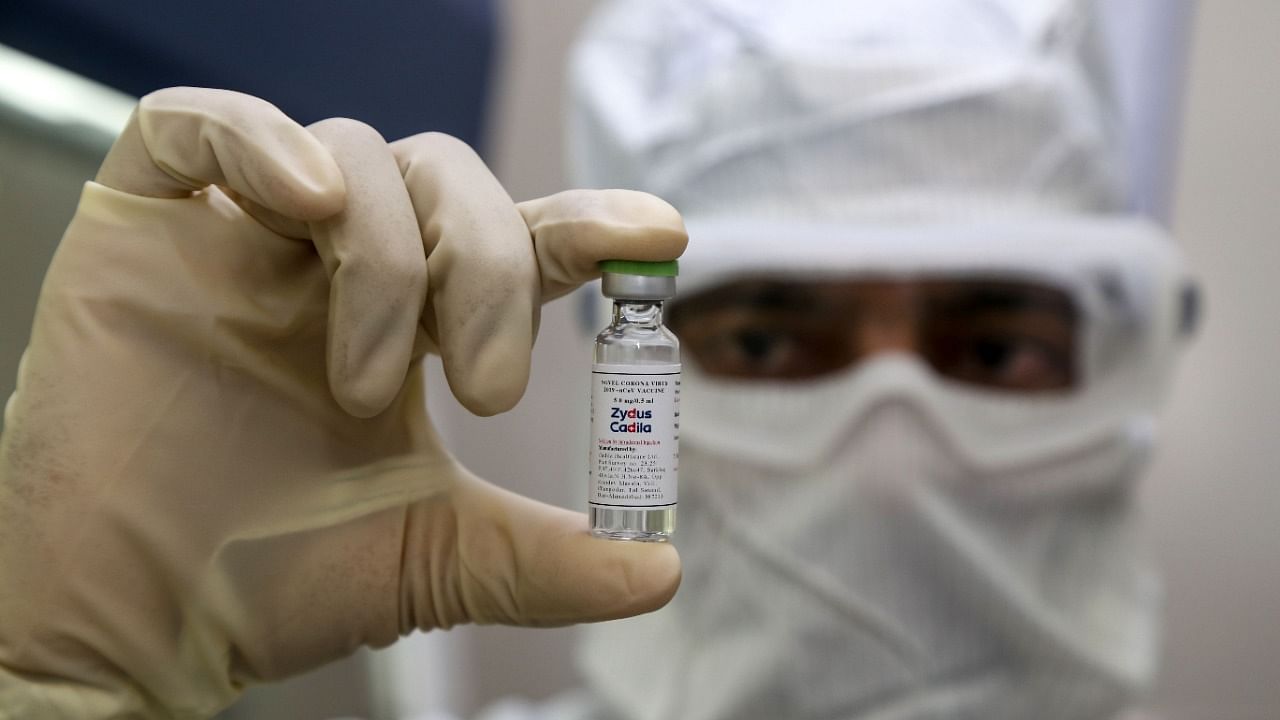
The National Technical Advisory Group on Immunisation (NTAGI) will soon hold a meeting to devise a roadmap for introducing Zydus Cadila's Covid vaccine in the inoculation drive and prioritising beneficiaries focusing on those aged 12-18 years with comorbidities.
The indigenously developed world's first DNA-based needle-free Covid-19 vaccine ZyCoV-D received Emergency Use Authorisation from the drug regulator on August 20 making it the first vaccine to be administered in the age group of 12-18 years in the country.
NTAGI Chairman Dr N K Arora said it is estimated that there are around 12 crore adolescents in the age group of 12-18 years in India and less than 1 per cent of them may have comorbidities.
"The NTAGI's meeting will be held soon to chalk out a roadmap for introducing the three-dose ZyCoV-D vaccine in the ongoing Covid-19 vaccination drive. The meeting will also focus on prioritisation of beneficiaries as this vaccine is approved for both adolescents and adults," he said.
"The aim is to develop a priority list with the focus being on adolescents aged 12-18 years with comorbidities," Dr Arora said.
The NTAGI will provide the protocol and framework for the introduction of this vaccine in the Covid-19 immunisation drive.
Covishield, Covaxin and Sputnik V vaccines are being given to only those above 18 years and unlike ZyCoV-D, which is three-dose, these are administered in two doses.
The Department of Biotechnology (DBT) has said that ZyCoV-D is the world's first DNA-based vaccine against the coronavirus and when injected produces the spike protein of the SARS-CoV-2 virus and elicits an immune response, which plays a vital role in protection from the disease as well as viral clearance.
It said that interim results from Phase-III clinical trials in over 28,000 volunteers showed primary efficacy of 66.6 per cent for symptomatic RT-PCR positive cases. This has been the largest vaccine trial so far in India for Covid-19, the DBT said.
The vaccine had already exhibited robust immunogenicity and tolerability and safety profile in the adaptive Phase one and two clinical trials. Both Phase one/two and Phase three clinical trials have been monitored by an independent data safety monitoring board, it added.